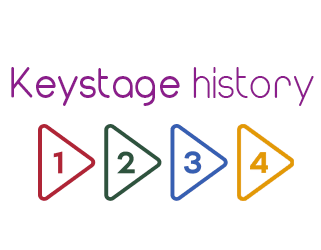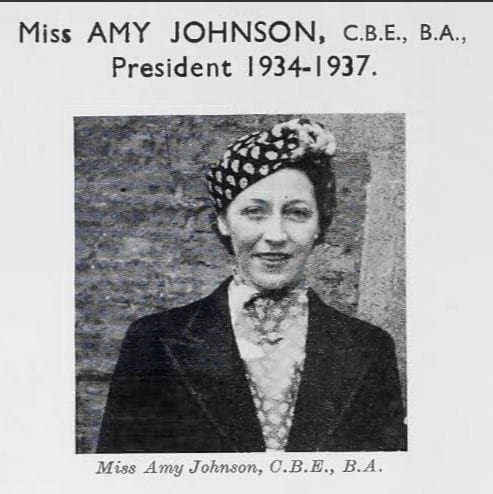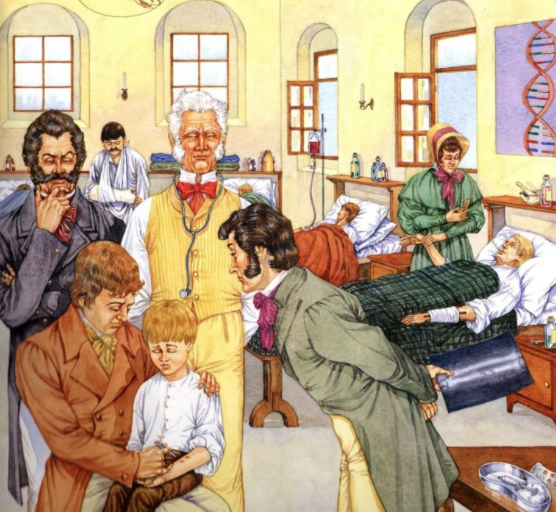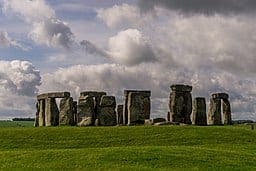
It obviously makes no sense to ordain a calendar of must-do tasks that all primary history leaders should be following. After all, each school is at a different stage of development with history and each subject leader already has their own subject development plan. Some will be getting to grips with building up resources, the local history work and organising site visits while others will be introducing assessment systems and streamlining progression.
Having said all that, many teachers I speak to find it helpful to see what another successful leader is planning, not to copy them, or to feel bad because you’re not doing all those things, but simply to act as a mirror for your own practice. Who knows it might just spark a new idea.
I am nervous of creating long to-do lists. In my experience they lead to frustration of just too much to do and no time to do it, rather than excitement of moving the subject forward.
So I’ve boiled down NEXT TERM’S tasks to just 5. There are others, of course!
- Look again at your history policy in light of what OFSTED are saying about the centrality of the curriculum in 2019. Does your policy reflect this up-to-date focus or does it look as if it was written a decade ago? Does it genuinely help your colleagues to adopt the right approach to teaching history making it clear how to blend conceptual understanding with deepening historical knowledge to enable pupils to make links across time.
- Look closely at your long-term plan. Is there a clear rationale for the order in which the topics are sequenced or have topics adopted their place in particular year groups almost by historic accident. OFSTED will be hot on checking that you know why you are doing specific topics and when they are being taught so that pupils’ knowledge and understanding builds in a systematic way
- Check that next term’s history-led topics are sharply focused with clear enquiry-led key questions and learning objectives so that teachers are left in no doubt as to what pupils should know and be able to do at the end of the topic.
- Review how well this term’s history topics have gone down, if possible by talking to all staff or getting them to annotate the scheme of work and by looking at examples of pupils’ work from the topic , drawn from across the ability range and from all classes and doing this with pupils if possible.
- Make sure that any gaps in resources are addressed rather than leaving it til next year when its too late to order in time.






